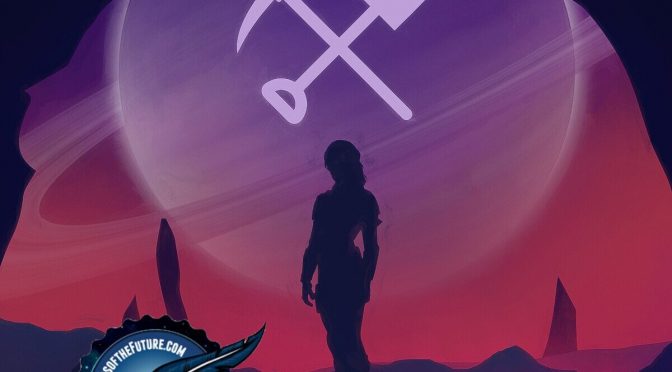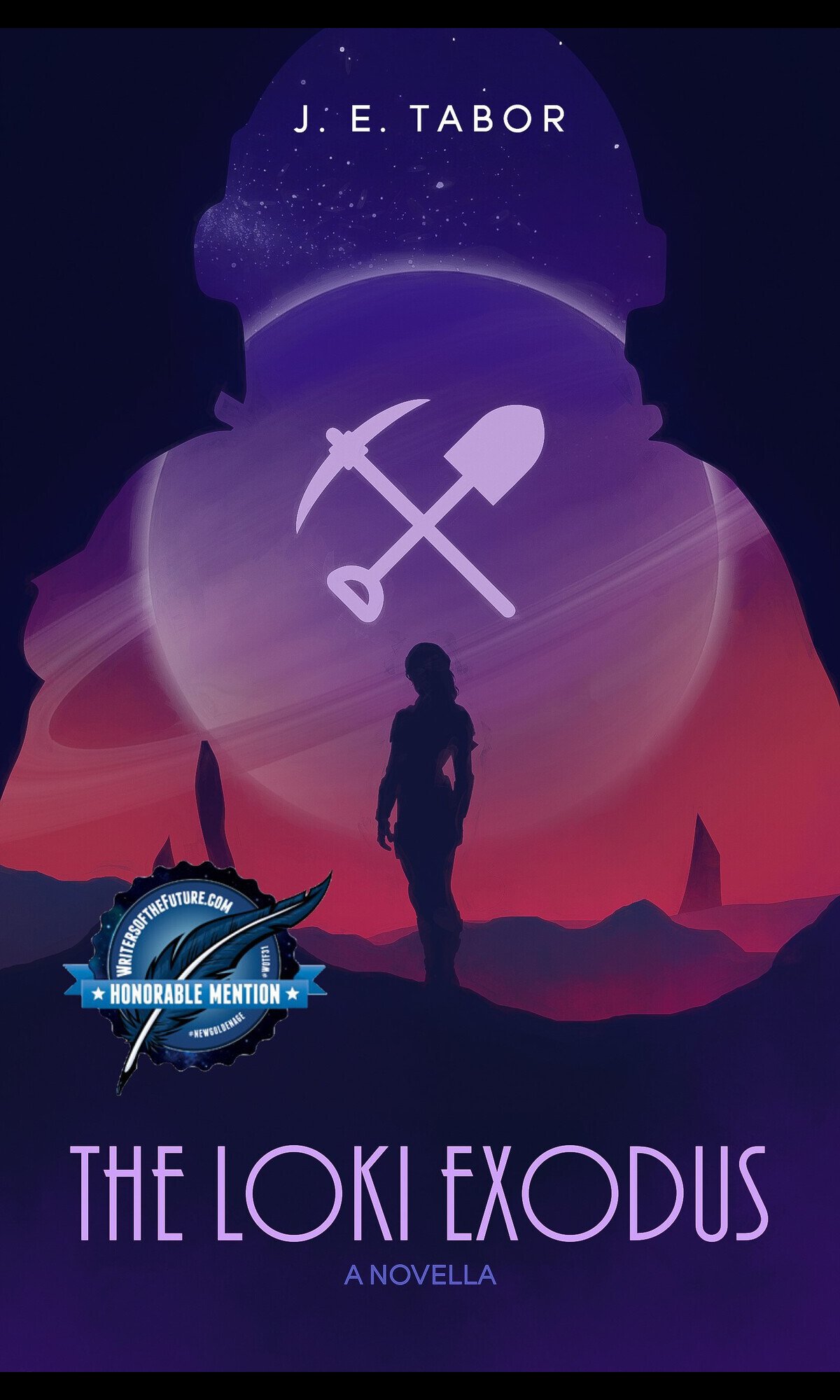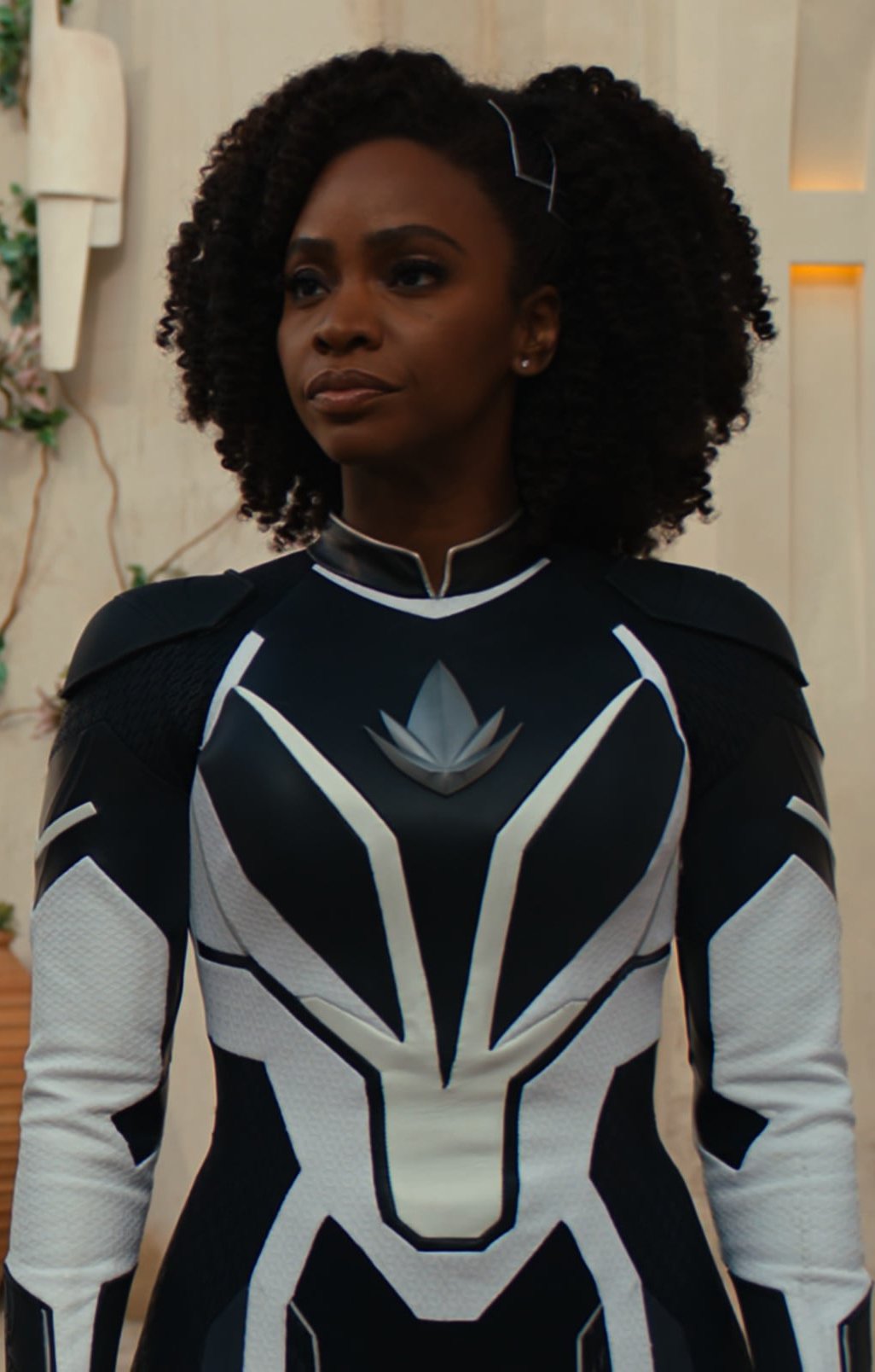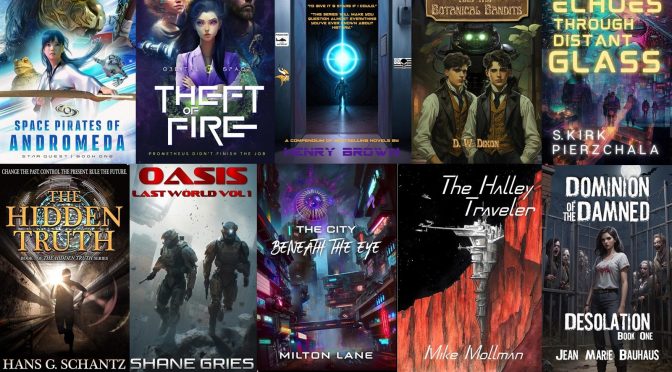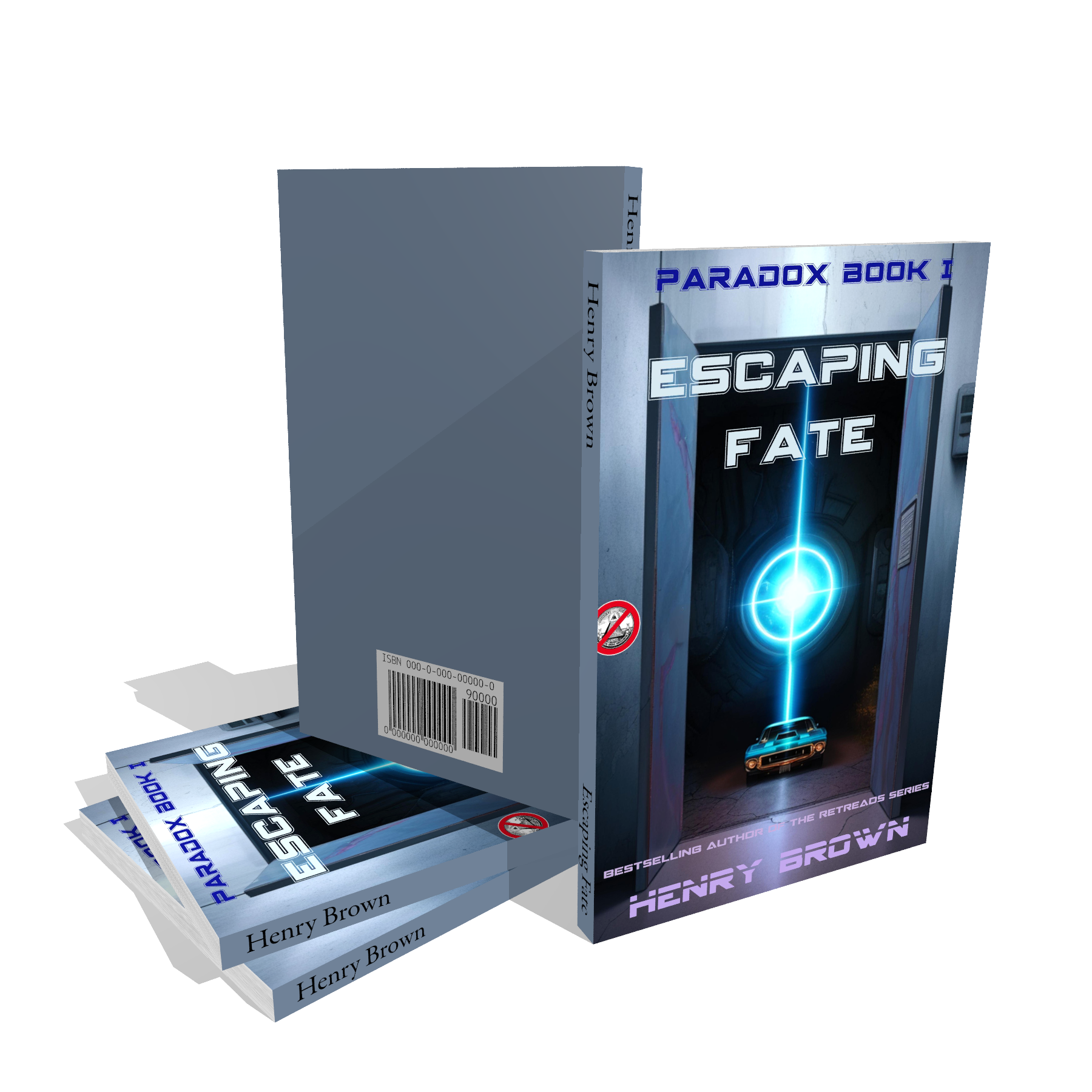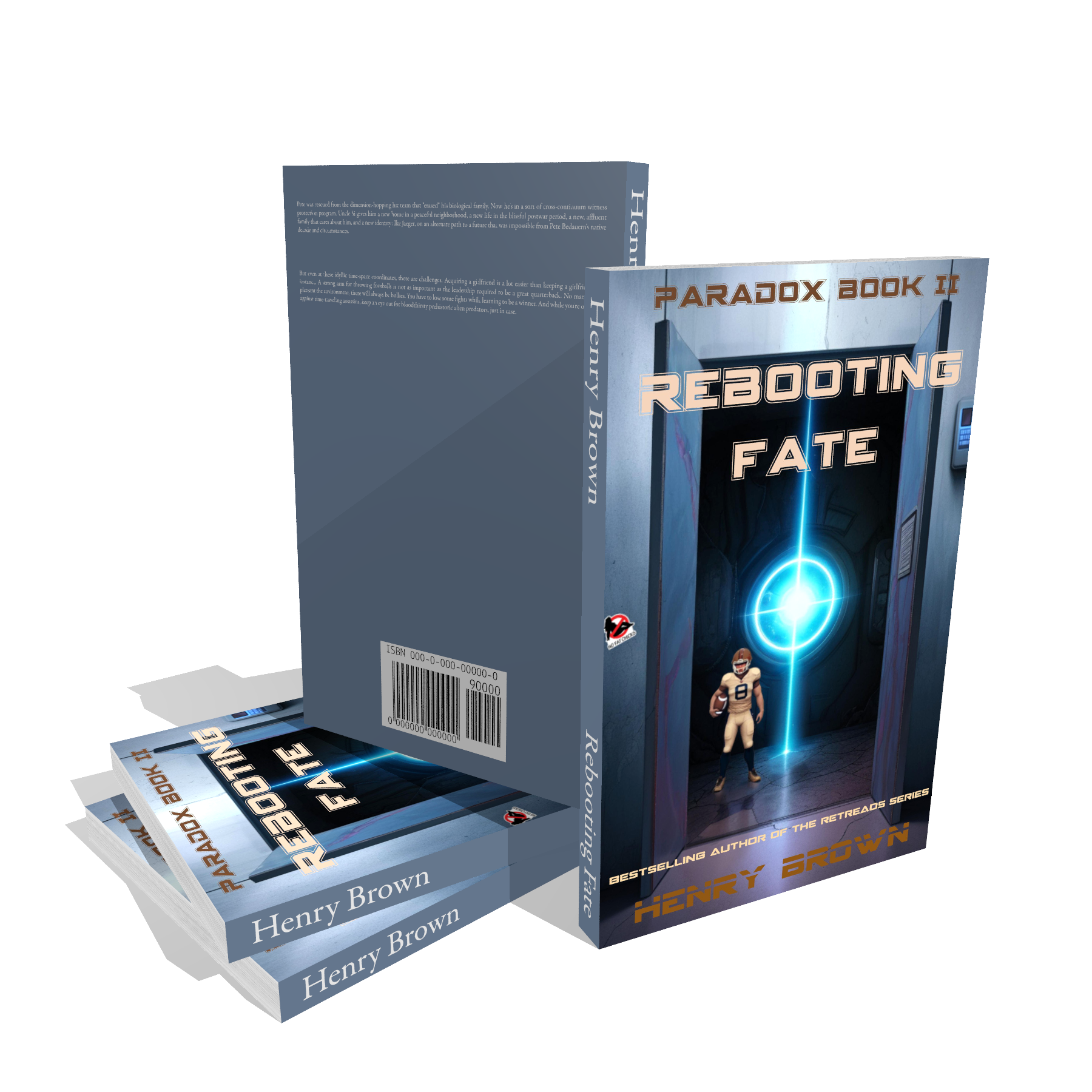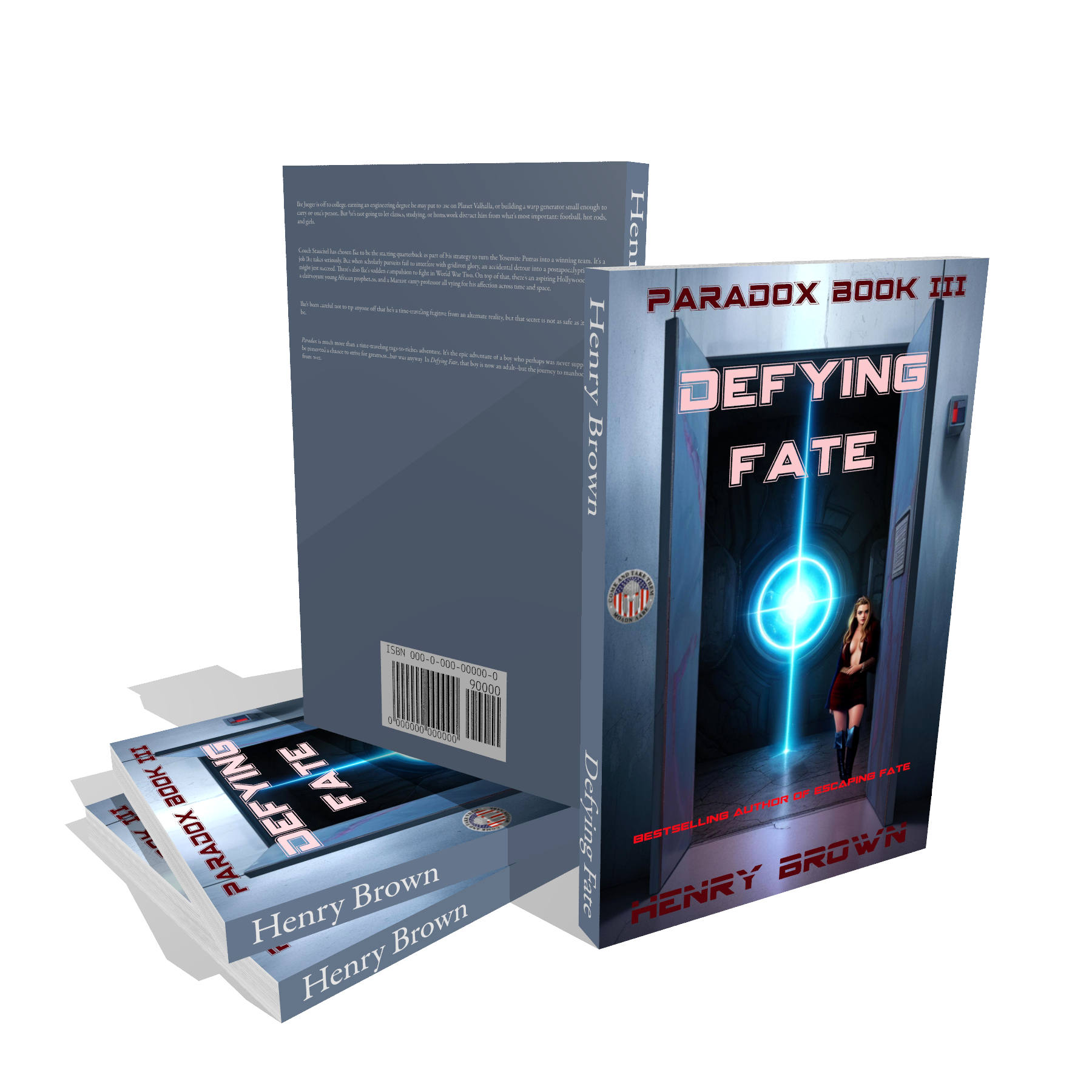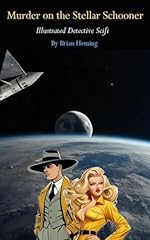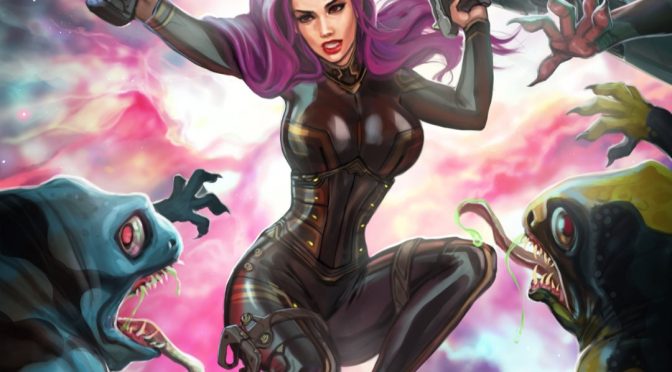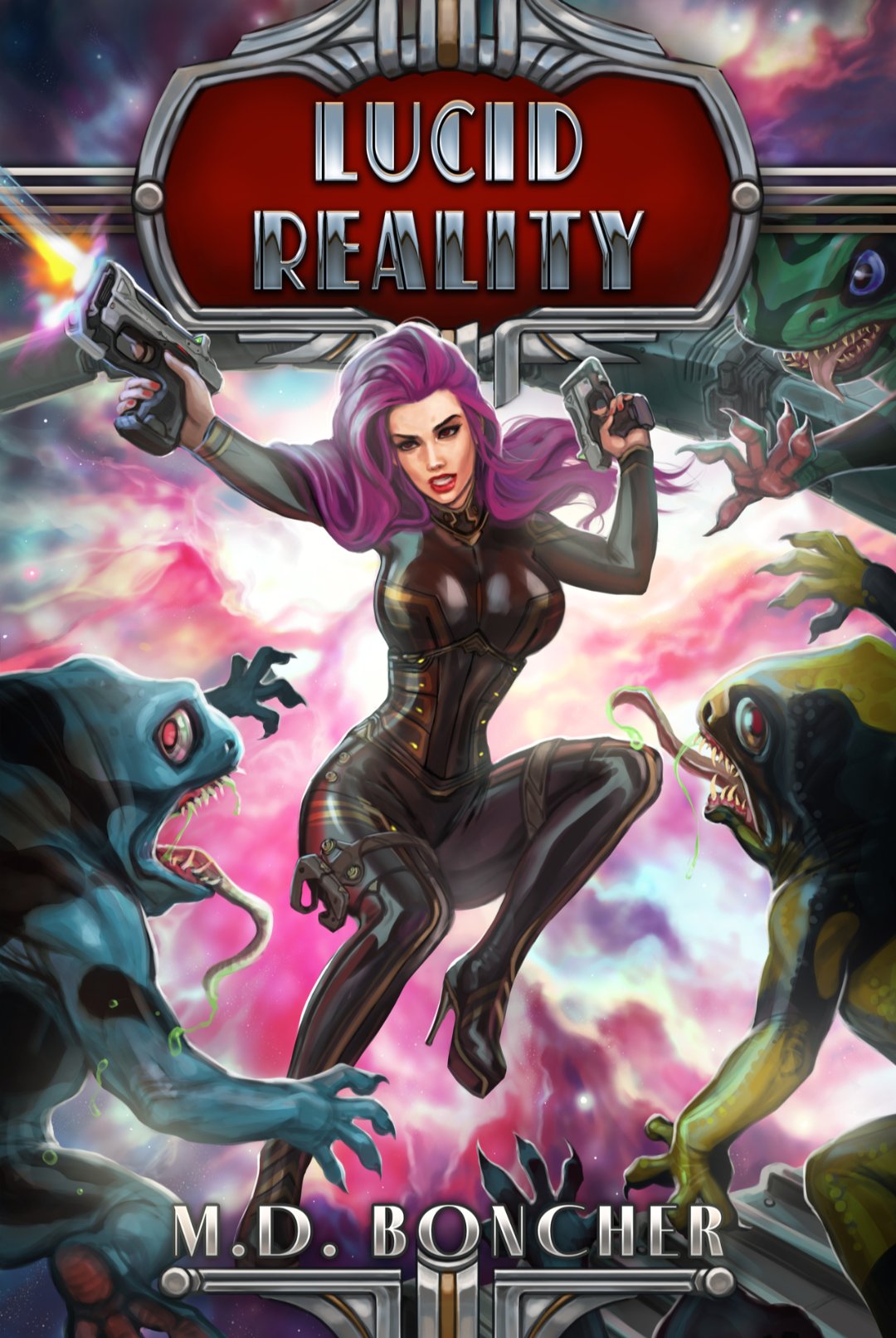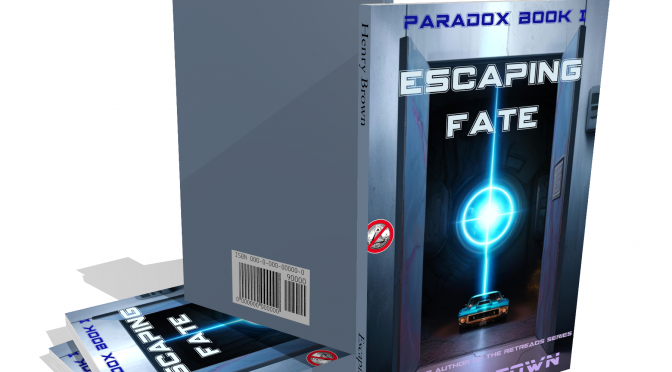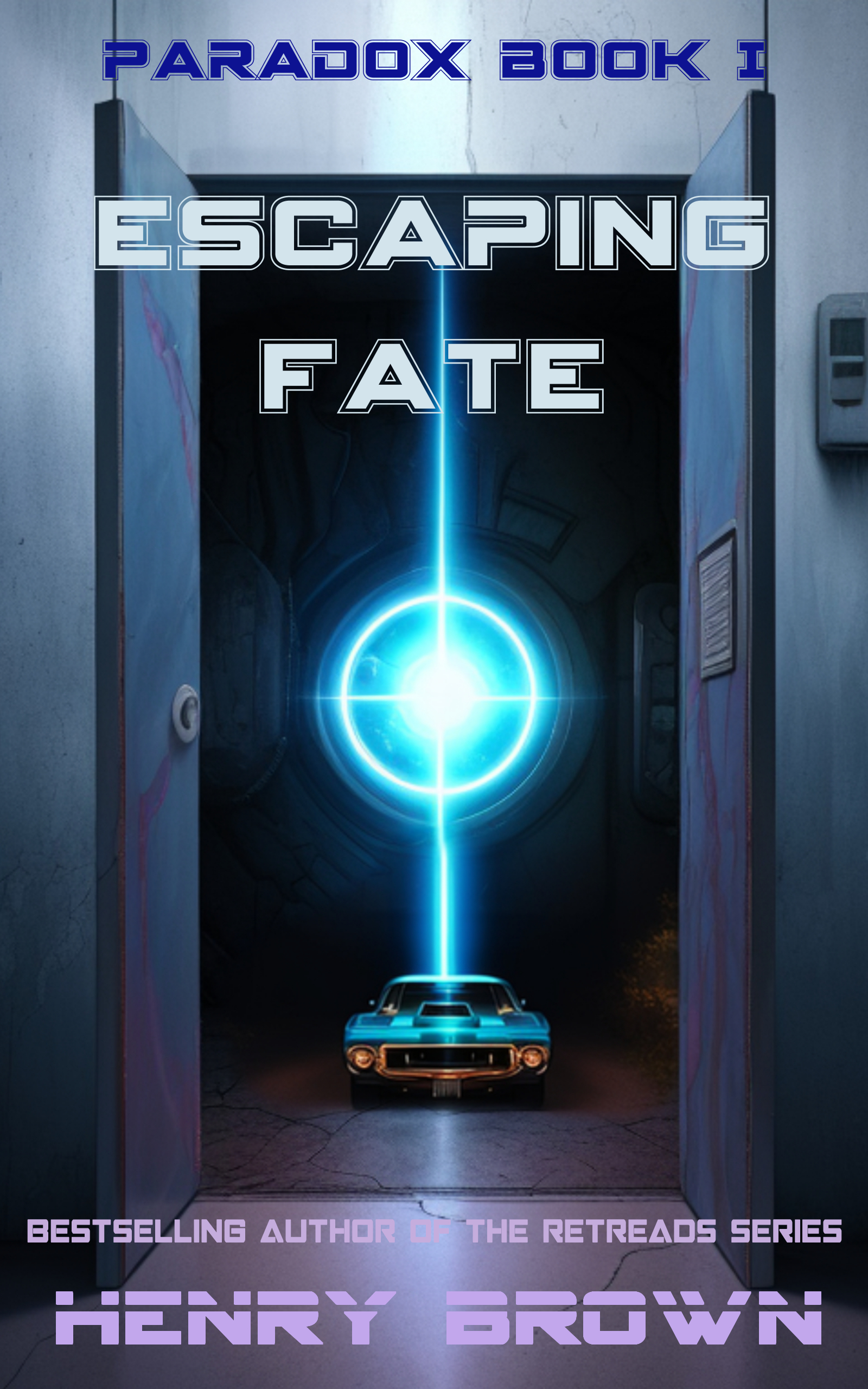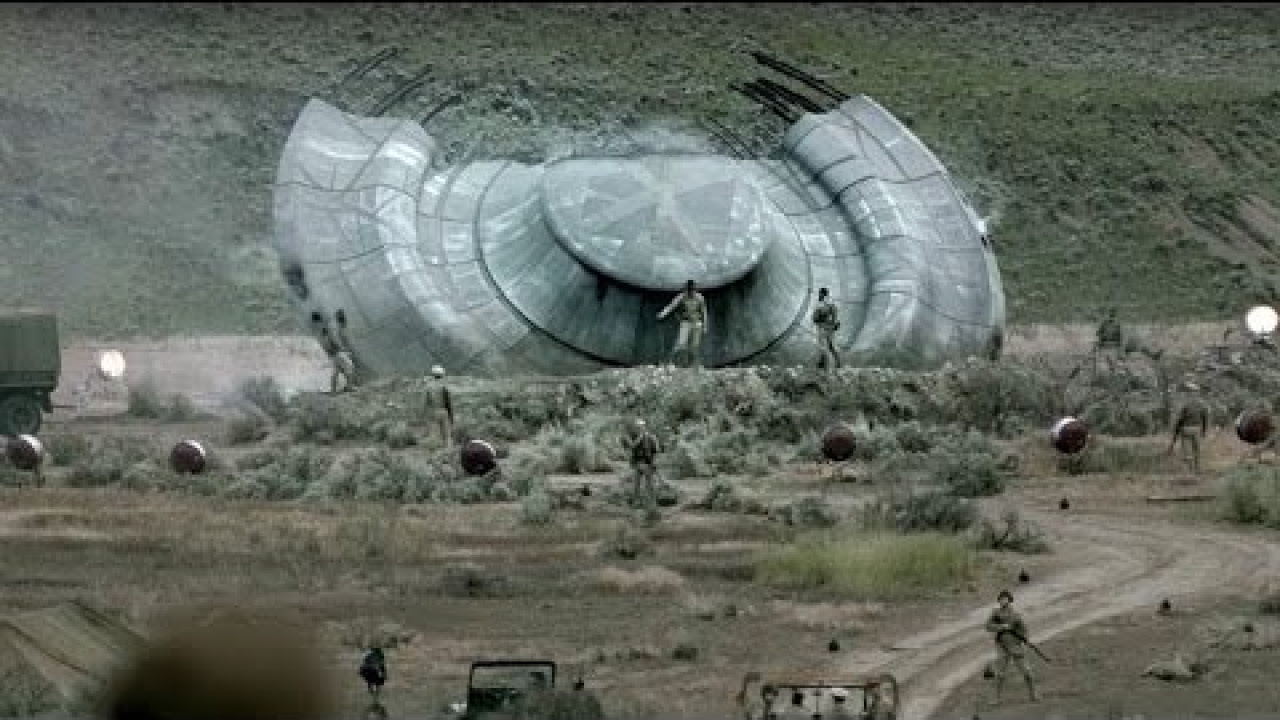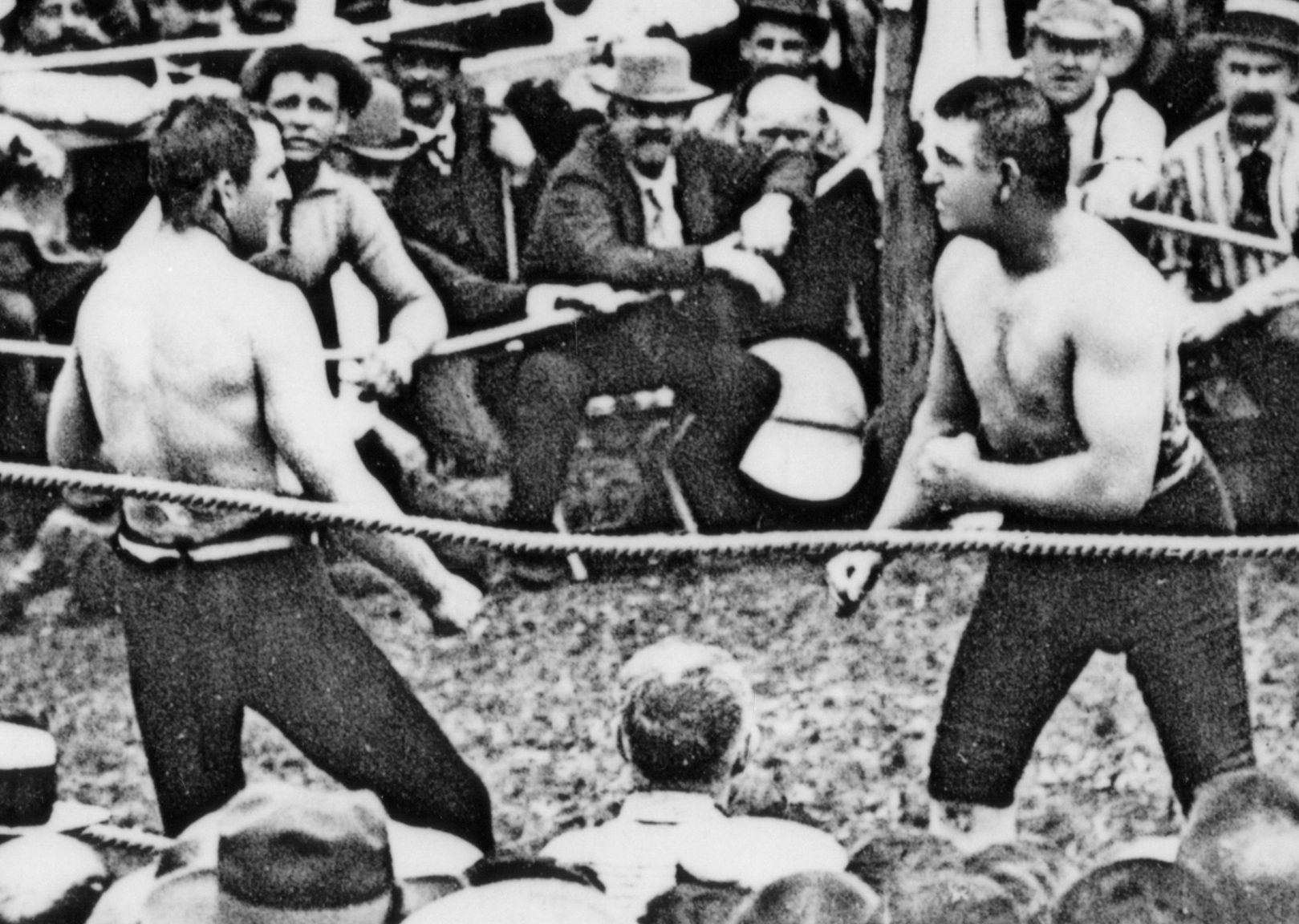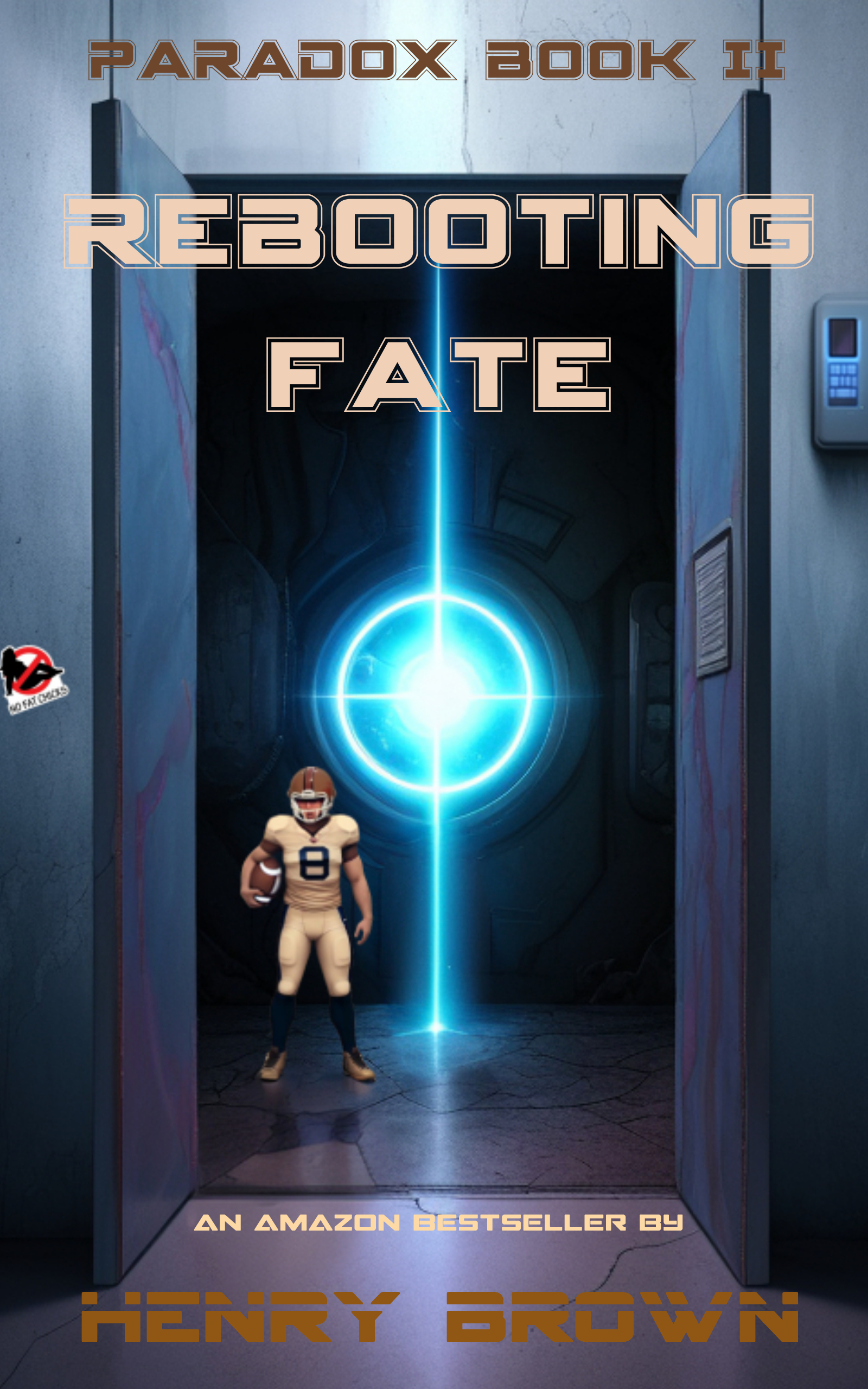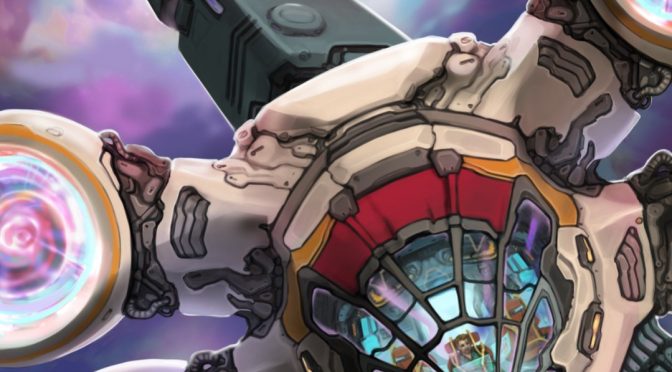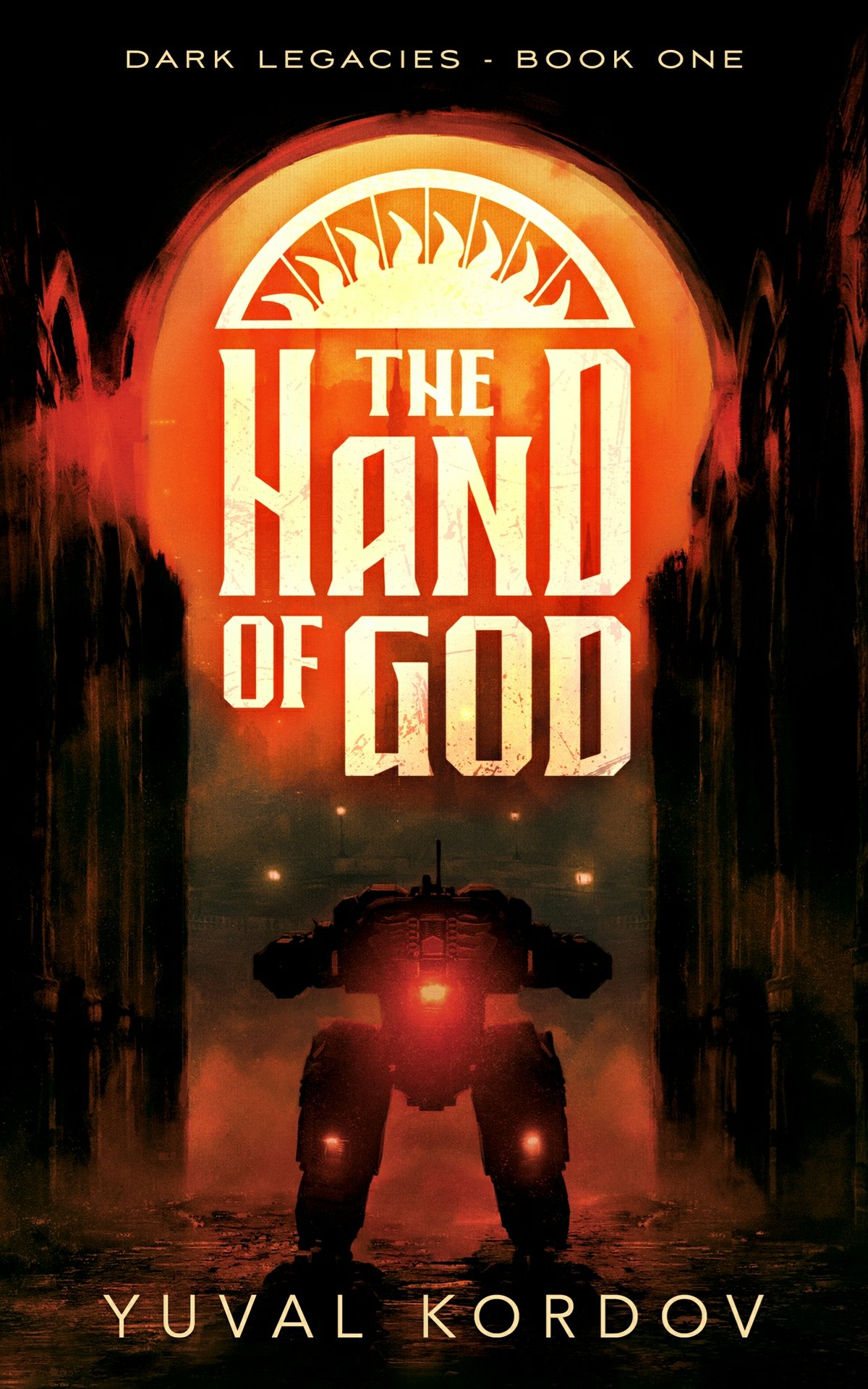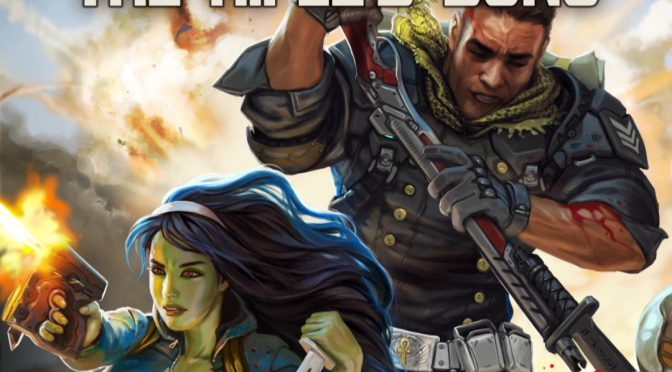THE WAKING NIGHTMARES by M. D. Boncher (and a word from the author)
Reviewed by Infamous 🦀
This is the third volume of the Tales from the Dream Nebula, and truth be told, at this point it feels like Boncher is truly spoiling us with great book after great book. What’s scary is that what he is creating can only get BETTER as he keeps exploring this universe.
But more on that later in this review!
CHARACTERS:
By this stage in the plot development we are clearly beginning to see a more defined outline of a team, and I use the word ‘team’ very loosely here:
- Winston – our ‘flyboy’ and main character
- Billy Joe – the ‘mechoid’ and Winston’s best friend/co-pilot
- Mother – the AI entity who guides Winston and his team
- Doctor Amanda – wealthy and knowledgeable ally to Winston
- Professor Quentin – passionate about history preservation and with the ‘funds and resources’ to make things happen
PLOT:
In this third installment we find Winston and Billy Joe as guests of Amanda and Quentin, who own the entire island-planetoid of Puala’Lolo. This place is not just a lush and beautiful 5-star resort but it’s also headquarters to the most advanced R&D in all of the Dream. Here, Dr. Amanda and Prof. Quentin have the funds, tools, and resources to study, research, and create. Amanda even provides Winston with nano implants to enhance his fighting skills and aggression in combat and she rebuilds Winston’s ship after it was badly damaged beyond hope (see Book 2).
When an unknown package is delivered by an anonymous sender, a creepy alien infestation breaks out on the island and things get out of control.
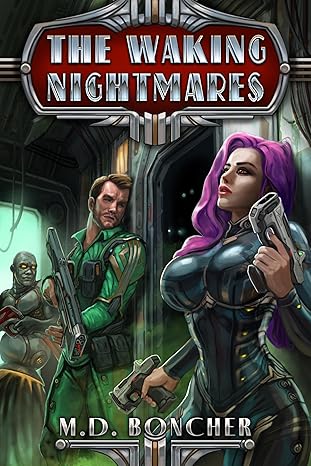
WRITERS TAKE HEED:
One thing I need to always mention is how professional this whole series comes across, which is rare in the indie circles. The sharp prose, the witty dialogue, the attention to detail with bulletproof plot lines…This is how a product should be presented to customers to make them feel confident in their purchase.
INDIE should NOT be synonymous for poor writing/editing, and Boncher is a true professional.
ONLY SCRATCHING THE SURFACE:
As infectious, compelling, and fascinating this world of The Dream has been in these first three volumes, the pace and relentless action scenes have perhaps pushed some of the other elements on the back burner for the time being. We might have caught glimpses of the overall atmosphere, feel, and look, but for the most part we’ve taken for granted that this must be a ‘Star Trek’ kind of world, which can’t be further from the truth. Our assumptions are mostly a result of how sci-fi and futuristic tropes in general have been presented to us in the past, generally speaking.
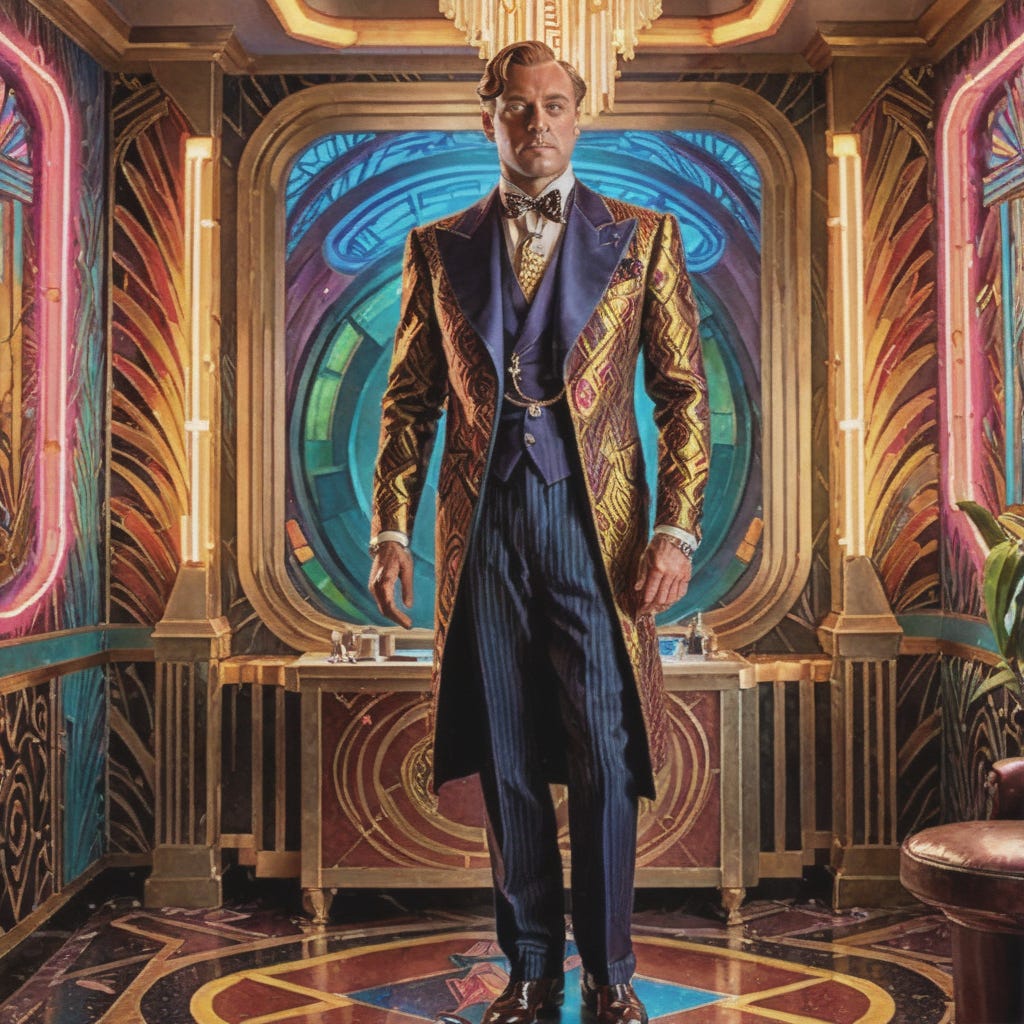
As Boncher put it:
“I’m fighting against a cultural idea about sci-fi. The audience generally believes that nothing they have in the current world is going to be there in the future. That people won’t think about the past, have even minorly recognizable slang or enjoy the simplest pleasures without it being some advanced level technology that replaces it. Meanwhile, I’m going to a society that is very traumatized and fragmented so it looks back to the old days, romanticizing them despite it being inherently flawed as a coping mechanism”
And it follows:
“Everyone has access to something like the holodeck as well as still watching entertainment the old fashioned way because they have a desire to connect with what had been taken from them. So movie theaters would still exist, even vaudeville. People still construct their homes in the ways they find in ancient re-discovered media. There will be people who want from the 1980’s Miami art deco inspired mansion to the Tudor revival house”.
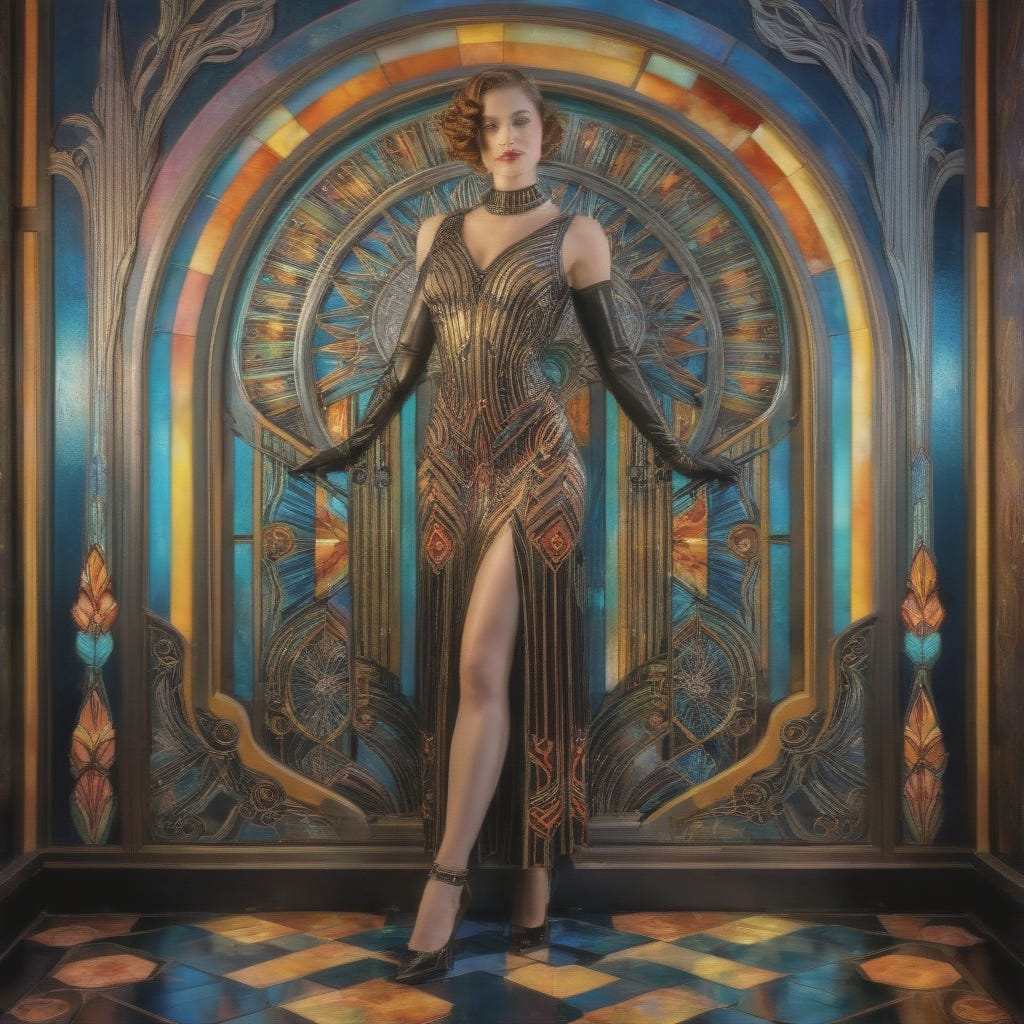
This world called The Dream and ruled by Emperor Xiao, though advanced in technology, shouldn’t be viewed as a gray, aesthetically industrial-looking environment. People still have a sense of beauty, a sense of taste for the classic styles of the past. For example when our friends arrive to Puala’Lolo, Prof. Quentin takes them to visit one of his research centers and says:
“It’s a reconstruction of the Chateau de Sceaux, a rescued art museum from the late nation of France.”

As this series progresses we should be able to further admire these original aspects. We often have these preconceptions of what a futuristic society should look like but Boncher is trying to avoid cliches:
“And that’s where my fault comes in. I did not set the universe well enough to make this seem natural. In my head, it tracks perfectly. But that’s my error. I didn’t explain it well.”
I cannot express how gratifying it is to witness authors like Boncher putting out such high-quality content yet never getting too complacent and always striving to improve on their craft.
If you haven’t picked up this series I recommend buying all three volumes at once since they are quick 5-star reads and I am confident that Boncher will continue to fascinate and awe us with more original content soon. And THAT is the exciting part!
🦀



